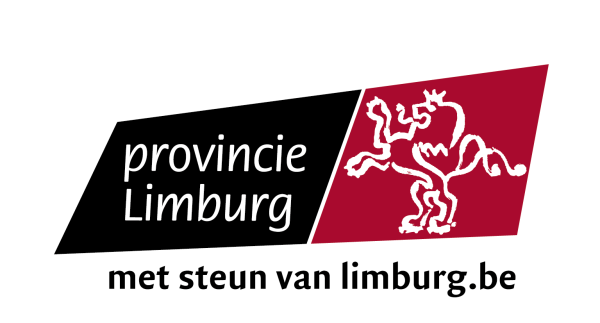New faculty building for Rehabilitation Sciences officially opened at Health Campus Limburg
“In our new labs, we are working on new rehabilitation techniques for individuals with MS or diabetes and children with developmental disorders, and conducting research on brain stimulation in rehabilitation. The building also houses the MOVElab, a state-of-the-art motion lab that is unique in Europe,” says dean Raf Meesen.
The new faculty building for Rehabilitation Sciences is located at the science park in Diepenbeek. It is immediately one of the central locations of the Health Campus Limburg DC. “With these new facilities for rehabilitation research, we are taking significant steps to position the Health Campus as the center for innovation in healthcare. Thanks to our collaboration with UHasselt, we combine academic knowledge with practical experience from the business and healthcare sectors on campus. This fits perfectly with our ambition to make Limburg a leader in healthcare innovation,” says Tom Vandeput, Deputy for Economy and chairman of POM Limburg.
New rehabilitation methods
In addition to office space for researchers and support staff, the building has ample space for research labs. And with this building, that research gets a significant boost. The five expertise laboratories of REVAL can be used individually or in combination to measure human movements accurately for in-depth, fundamental, and versatile analysis. “For example, within the Neurochronometrics expertise laboratory, we will investigate whether stimulating people’s brains non-invasively can help them rehabilitate better and faster. Additionally, numerous research projects within the Exercise & Muscle expertise laboratory focus on diabetes and the physiological composition of muscle tissue,” says dean Raf Meesen. “The diversity of laboratories and all their technological innovations ensure that we do not limit ourselves to specific research themes but aim for a holistic approach, developing new rehabilitation methods tailored to the unique needs of the patient.”
Unique in Europe
The faculty’s flagship research facility will find a place in the new building later this year. That’s when the MOVElab expertise laboratory will be installed. This state-of-the-art research infrastructure receives financial support from EFRO and FIO. “In the unique MOVElab, UHasselt researchers will test and develop new rehabilitation technologies. The project is, of course, the merit of UHasselt and its partners, but we support it with great conviction with European funds and from Flanders,” says Jo Brouns, Flemish Minister for Innovation.
The MOVElab consists of a high-tech gait and balance platform completely surrounded by a dome in which researchers can immerse individuals in a virtual reality environment. “Here, we can have individuals perform various movements, which we then register and analyze in detail with high-resolution cameras,” says Pieter Meyns, coordinator of the MOVElab. “This will elevate our research into new rehabilitation techniques to unprecedented heights. I dare say that we will be playing at the top academic level worldwide with this. Because there are only 9 of these labs in the world, and on the European mainland, we will even be the only institution with this infrastructure.”
Engaging with the professional field
In addition to further developing research and education, the faculty aims to involve the broader professional field within Rehabilitation Sciences even more with the new building. “This new building will be the place that showcases what rehabilitation sciences in Limburg stand for. We have space here to organize lectures, and with our Reval Academy, we can organize many continuing education courses here. There is a lot happening in our field in terms of academic knowledge, and it is important to continue translating that into practice. We do this by offering short courses and continuing education to physiotherapists, among others. We welcome them to our new faculty building from now on,” concludes dean Raf Meesen.
The new faculty building for Rehabilitation Sciences in figures:
- 4500 m²
- 150 staff members
- 18 research labs
- Total cost of construction project: 7 million euros
- Total cost of MOVElab: 1.6 million euros (EFRO & FIO funds)

